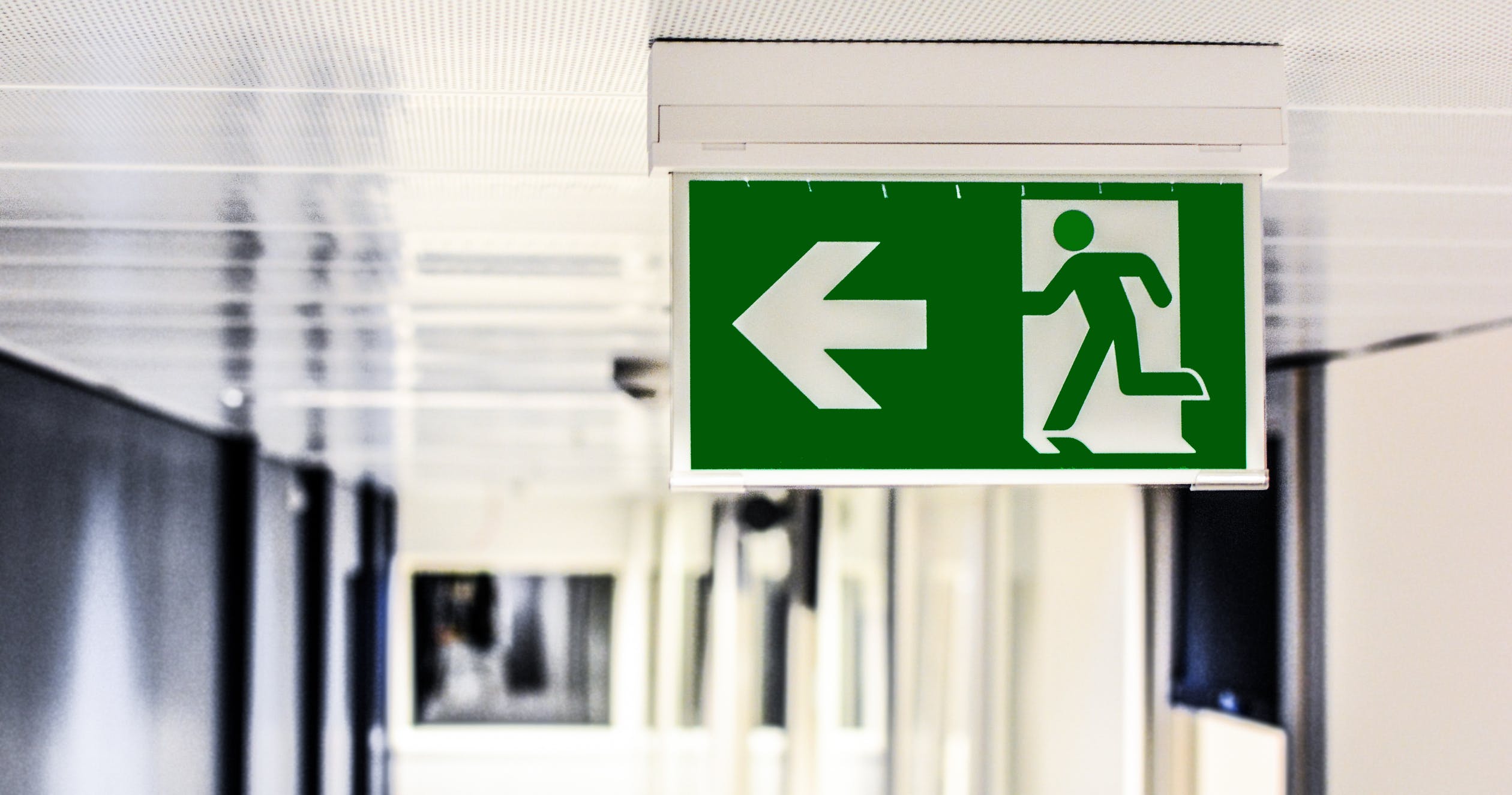Lockout Tagout tags are essential safety devices used to indicate that specific equipment is being serviced or maintained and should not be operated until the tags are removed.
Whilst some individuals and companies continue to underestimate the importance of health and safety in the workplace, it should be noted that more than 30 million productivity days were lost asa result of work-related illness and injury in 2017/18.
In Germany, health and safety in the workplace has a dual structure, but it is based largely on European and international legal standards. This framework is used to encourage improvements to all workers at work whilst ensuring that it is implemented on a national level.
With this in mind, it’s crucial that business-owners in all sectors recognise the importance of health and safety in the modern age, while also making this a key spending priority as they look to achieve sustainable growth.
In this article, we’ll look at how your firm can prioritise health and safety in the workplace in a way that helps you to achieve your long-term objectives.
1. Emphasise a Long-term Training Program
Let's start with the basics - as effective and sustained training is, it's crucial to ensure that within your German company you create a culture of health and safety that can sustain your workplace. Also, ensure that you have a mechanism to monitor the outcomes and take corrective action, like Workplace Health Solutions.
Not only does this provide an opportunity to instruct your employees on the key workplace practices that have been designed to keep employees safe, but it also allows you to constantly embrace new legislation and guidance as it’s revealed by the government.
This also creates a culture in which the importance of health and safety is reinforced, whilst making it easy to maintain a consistent ethos even when factoring in the impact of staff turnover.
2. Inspect Your Workplace
This may seem like an obvious inclusion, but the high prevalence of workplace death and injury has much to do with a less than consistent approach to inspecting your commercial premises.
As health and safety is incredibly well presented in Germany, you want to ensure that your workplace has limited the chance of any injuries occurring as much as possible.
So, it’s imperative that you regularly organise and carry out detailed workplace inspections, with a view to both identifying potential hazards and ensuring that employees are adhering to the core health and safety guidelines that have been previously rolled out.
Lockout Tagout tags are essential safety devices used to indicate that specific equipment is being serviced or maintained and should not be operated until the tags are removed.
You should also consider the way in which you approach your inspection. To get the most from this, we’d recommend viewing it as a workplace audit, rather than a box-ticking exercise designed to keep key stakeholders happy.
3. Ensure That Specialist Tools and Equipment are Checked Regularly
Depending on the nature of your work, you may possess specialist tools and equipment that are powered by potentially hazardous liquids and gas.
These need to be inspected and reviewed on a regular basis, otherwise you’ll risk creating a significant hazard that endangers employees throughout the business.
If your German business needs to ensure that certain fluids or gasses are kept to an exact measurement, then you should invest in tools such as flowmeters to help carry out such inspections, with these tools available through suppliers such as RS Components.
Flowmeters are used to measure the precise flow of liquid, steam or gas through a specific pipe or mechanism, and this can prove crucial if you’re premises stores or regularly handles perennially dangerous materials.



Leave your comments
Post comment as a guest